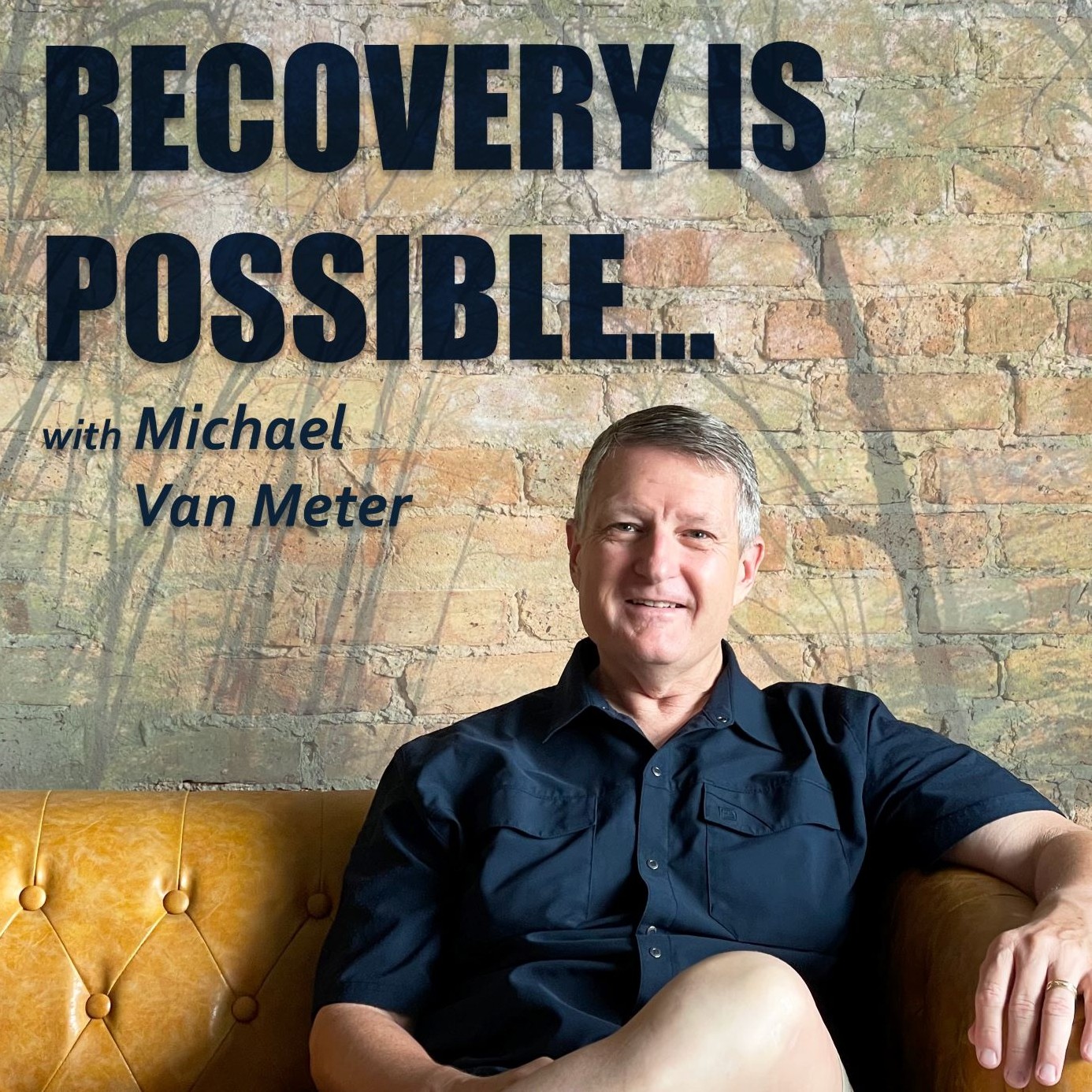Episode 29 - Interview with John Taylor: HIMS Program for Pilots Who Need Recovery
In this episode John Taylor describes a program for Commercial Pilots who need to be in recovery. Find out more at himsprogram.com .

In this episode John Taylor describes a program for Commercial Pilots who need to be in recovery. Find out more at himsprogram.com .
Retired FBI Agent Frank Runles and I discuss Statement Analysis and how we lie about addiction to ourselves and others.
I interview retired Ohio State Trooper Steve Click about how the Ohio ASSIST Program helps First Responders deal with Critical Incidents. Find out more at dpsohioassist.ohio.gov .
In this episode I have a discussion with Jesse Wysocki of the McShin Foundation. This foundation was featured in the documentary "Anonymous People" which was produced by Faces & Voices of Recovery. Find out more at mcshin.org .
Tom O'Connor from the FBI Agents Association discusses how they help employees and their families during difficult and often tragic times. Find out more at fbiaa.org .
In this interview Pauline talks about the family side of heroin addiction. Pauline discusses the problems associated with heroin, and how the issue is being addressed by the National Health Service. Find out more at recovery-dundee .
In this episode we discuss the horrific injuries Lisa sustained in a motorcycle accident that ended her Law Enforcement career, and how Lisa was able turn the incident into something positive. Lisa wrote a book called "Was It Irony...Or Was It God?"
In this episode we discuss heroin addiction with Eilidh and her experiences with the National Health Service (NHS). Eilidh describes the help that Recovery Dundee has provided her on her journey to recovery. Find out more at recovery-dundee .
In this episode we discuss the great work being done by Faces & Voices of Recovery. Find out more at facesandvoicesofrecovery.org .
This is part one of a two part series where Heidi Marshall tells us her story and her work at the FBI Academy.
Today I discuss the work of Faces & Voices of Recovery with COO Philip Rutherford. Find out more at facesandvoicesofrecovery.org
Today I do Part II of an interview with Sharon Webster of Recovery Dundee in Scotland. We discuss the great work they are doing for the people of Scotland, and how recovery needs to be embraced and promoted. Find out more at recovery-dundee .
I interview Sharon Webster of Recovery Dundee. This community organization works to combat addiction in Scotland and is based in Dundee. Find out more at recovery-dundee .
In this episode, I interview Cliff Richards, President/CEO of the Hale Foundation, about Valor Station in Augusta, GA. Valor Station will be the first standalone treatment center devoted to our nation's first responders. Find out more at thehalefoundation.com .
I discuss how your thinking can get in the way of your progress. We need to think the way the winners do.
I interview retired Patrol Sergeant Mark DiBona. Mark discusses how he overcame two suicide attempts and is living a joyous and fulfilling life today. Find out more at bluehelp.org .
It seems we are forgetting about the basics of recovery in meetings. I discuss my observations and thoughts on why the basics are so important.
Many people ask whether it is a good idea to quit a substance Cold Turkey. In this episode I discuss my thoughts on this subject.
I get asked about what the meaning of a "bottom" is frequently. Here is an explanation of the term.
Many people struggle with whether addiction is a choice or a disease. I address my thoughts on this subject.
Discussion on tips for how to help yourself achieve the first year of sobriety.
People in early recovery wonder if they can drink non-alcoholic beer. Here on my thoughts on that.
Treatment helps alcoholics to safely stop drinking. Once stopped, alcoholics need to be engaged in a program and lifestyle that keeps them from starting up again.
I discuss the term "allergy" when it comes to the alcoholic. What is its origin and what does it mean?
Structure is vital to success in early recovery.
People often attend 12-Step meetings and try to rationalize how different they are from others rather than looking at how they suffer from the same disease.
I describe the five year cycle of recovery and how to anticipate the changes you will experience.
Recovery takes time, and you need to be patient. Progress rather than perfection, but the one thing you must do perfectly is to not take that first drink or drug.
My first guest discusses how Al-Anon helped her cope with her husband's drinking. Find out more about Al-Anon at al-anon.org .